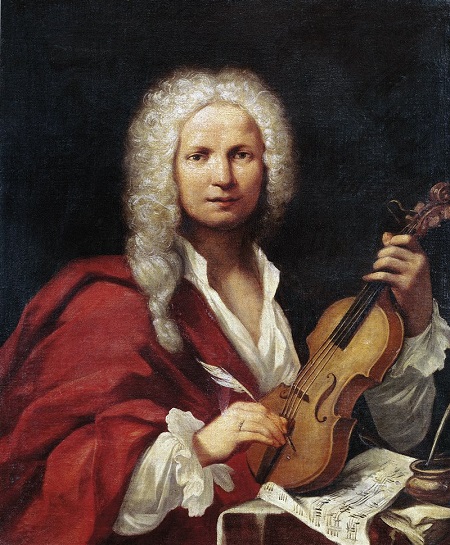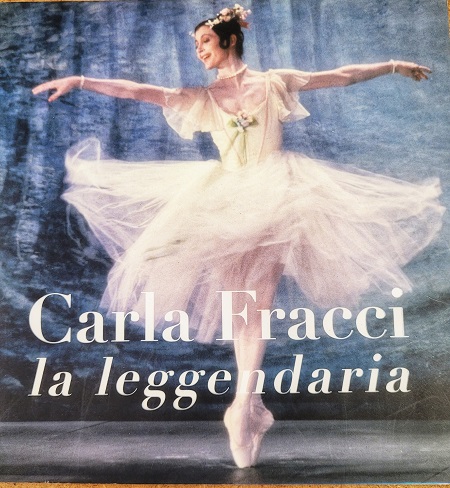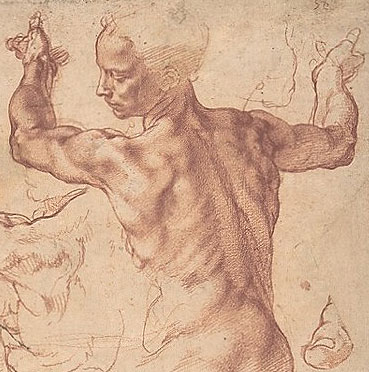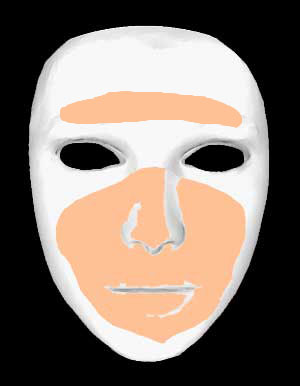
nel film Turné di Gabriele Salvatores
(fonte Wikipedia)
In Italia l’amicizia è un aspetto fondamentale della vita. Con gli amici si condividono gioie e dolori. Ci si aiuta e ci si supporta.
L’origine, (l’etimologia), della parola “amico” deriva dal verbo “amare”, ma non nel senso di “innamoramento”; nel senso di voler bene in maniera disinteressata.
Qual è la vera amicizia per te?
In Italy friendship is a fundamental aspect of life. With friends we share joys and sorrows. Friends help and support each other.
The origin (etymology) of the word “amico” (friend) comes from the verb “amare” (to love), not in the sense of “passionate love” but in the sense of loving in an unselfish manner.
What is true friendship for you?
To practice Italian this week we invite you to read…
PRACTICE HERE: Italian/English Version
Picture from the movie: Turné by Gabriele Salvatores









